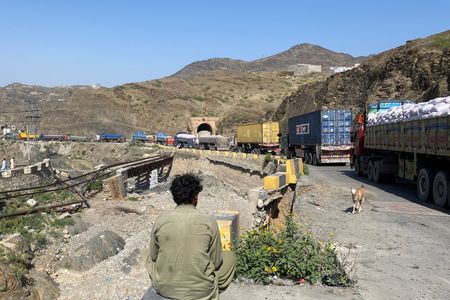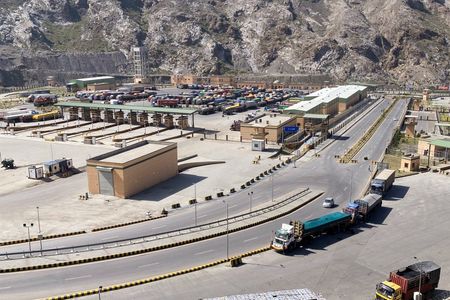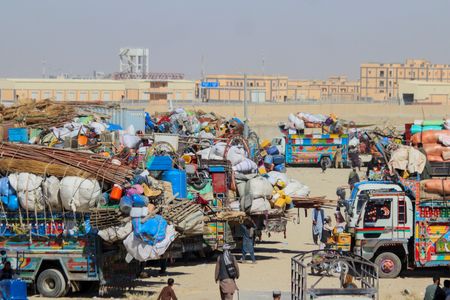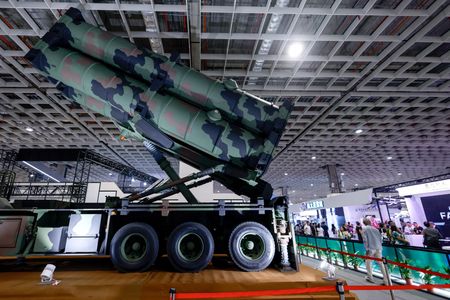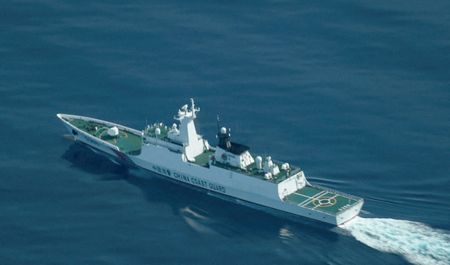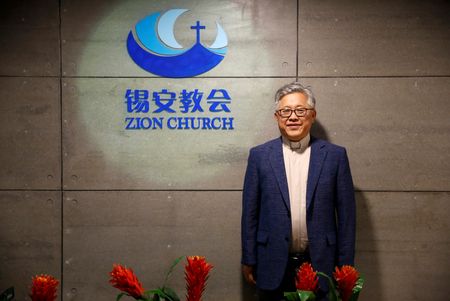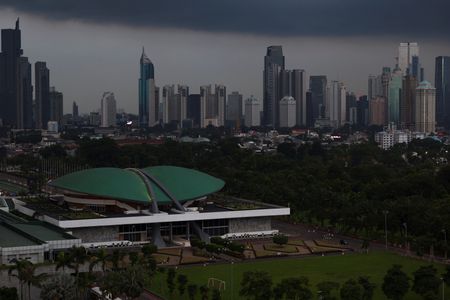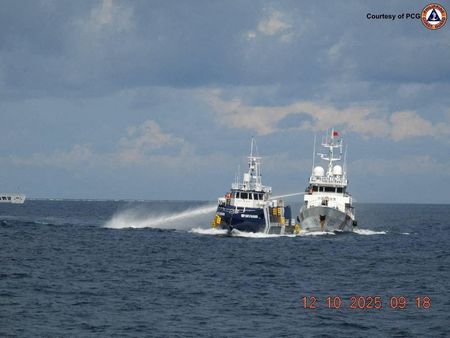JAKARTA (Reuters) -A clove farm in Indonesia’s Lampung province has contamination from Caesium 137, a radioactive isotope, although it is limited and has not spread to other commodities, a special task force looking into contamination cases said on Monday.
Cloves from the farm on the island of Sumatra will not be sold until after further laboratory testing, task force spokesperson Bara Hasibuan said, adding authorities are still looking for the contamination source.
The task force did not disclose further details about the farm.
Indonesia has been investigating cases of radioactive contamination in some products in recent weeks, and has set up the task force which has been in touch with the International Atomic Energy Agency and U.S. authorities.
The contamination was first detected in a batch of shrimp shipped to the United States in August by a local company. The U.S. has imposed new certification requirements for imports of shrimp and spices from Indonesia.
In the Modern Cikande Industrial Estate where the shrimp was processed, some 68 km (42 miles) from the capital Jakarta, authorities have conducted radioactive scans and are considering relocating nearby residents, Bara said.
Last week, the task force said it had found traces of Caesium 137 at 22 facilities at the industrial estate.
Caesium 137 is a hazardous radioactive isotope that usually enters the environment as a result of nuclear testing or after accidents like Chernobyl and Fukushima, according to the website of the U.S. Food and Drug Administration.
Indonesia has no nuclear weapons or nuclear power plants, suggesting that the Caesium 137 entered the country from overseas.
(Reporting by Dewi Kurniawati; Editing by John Mair)


